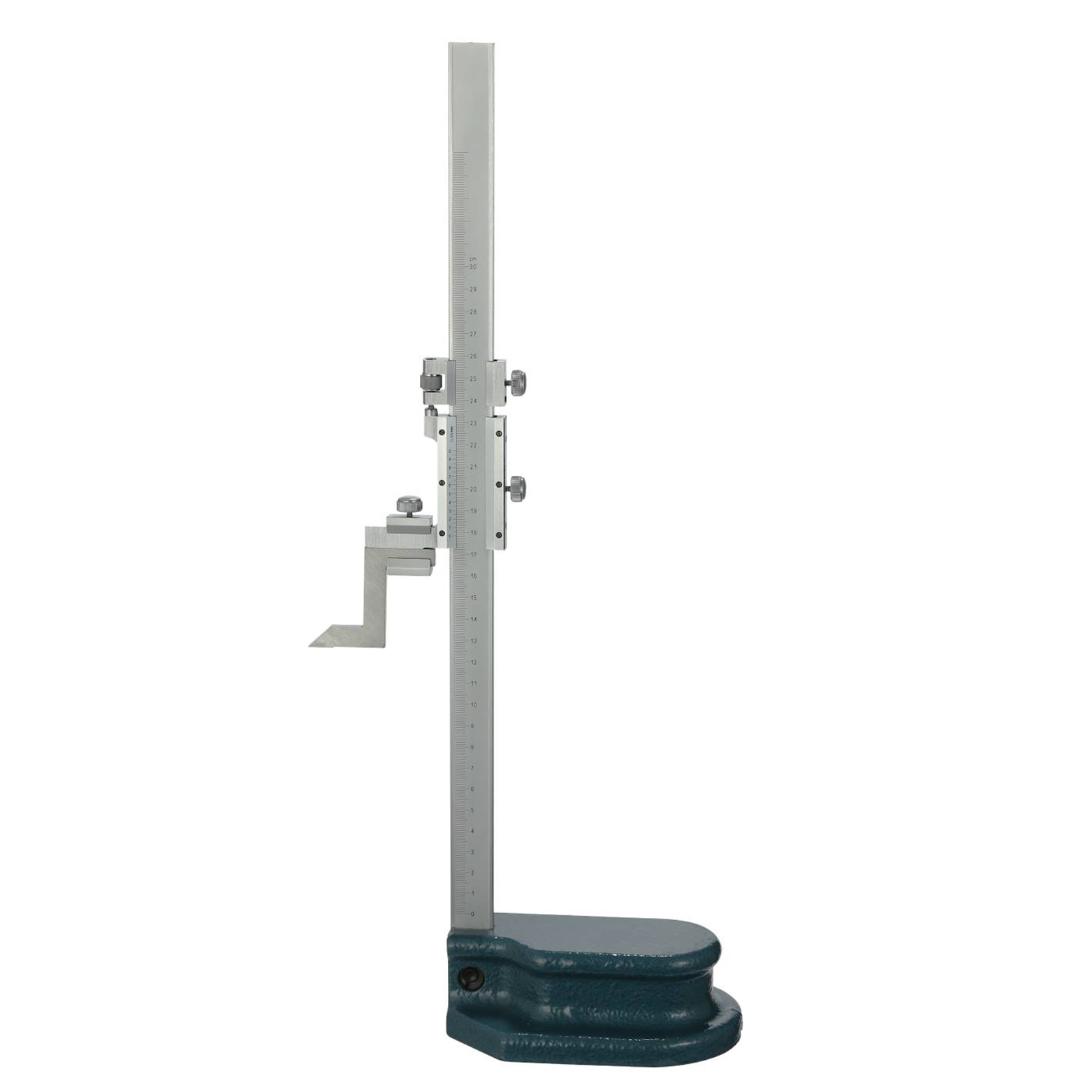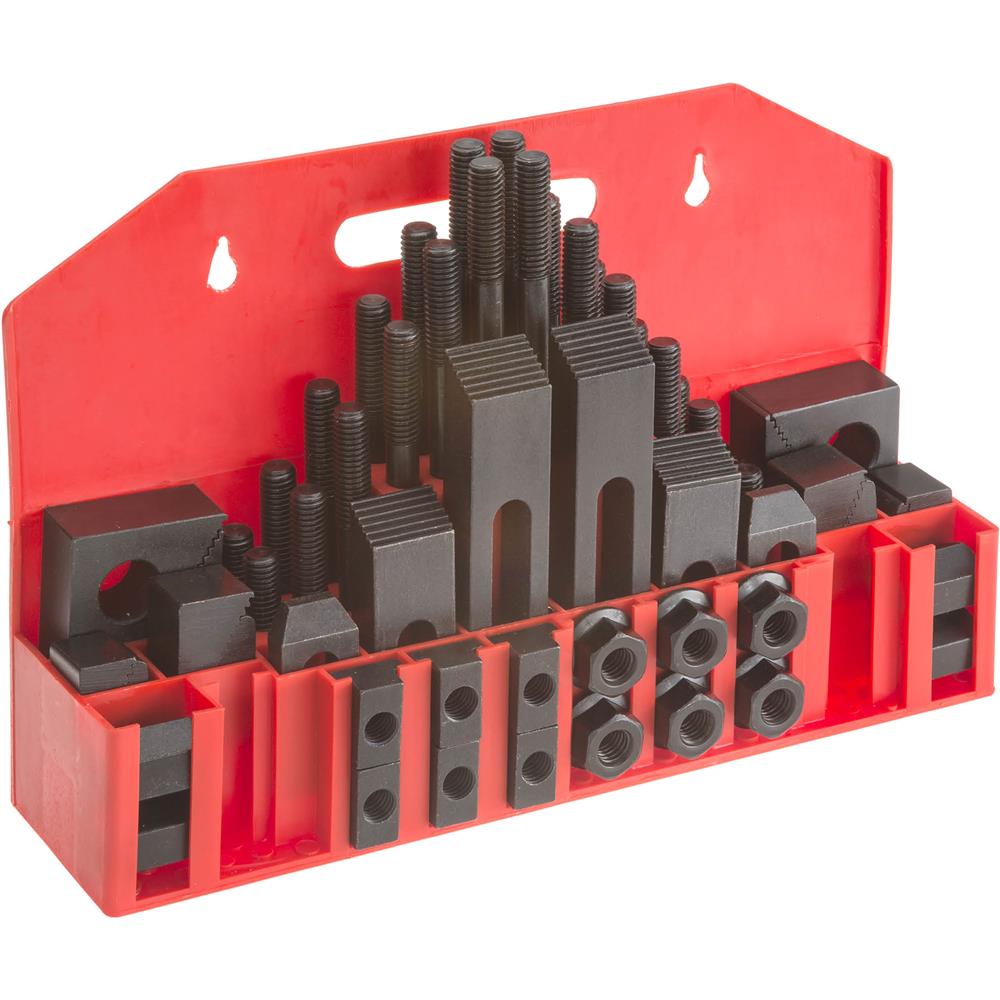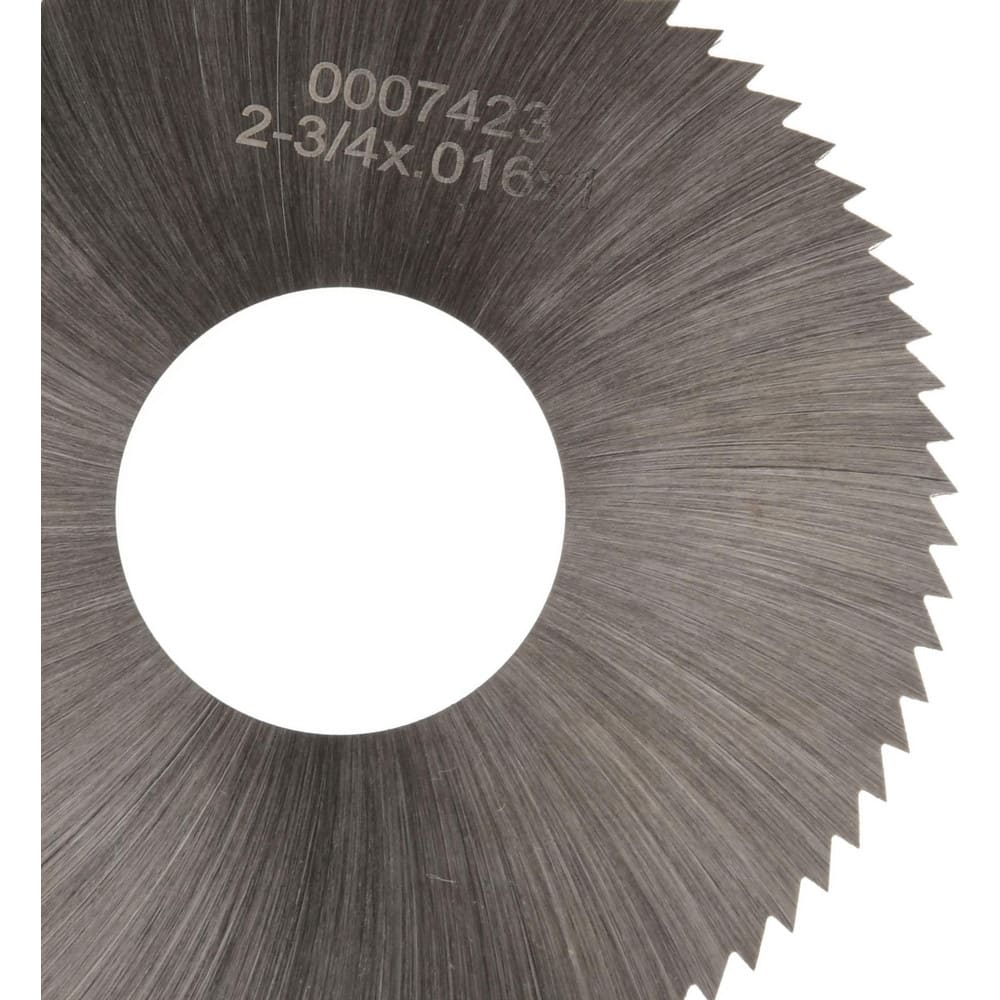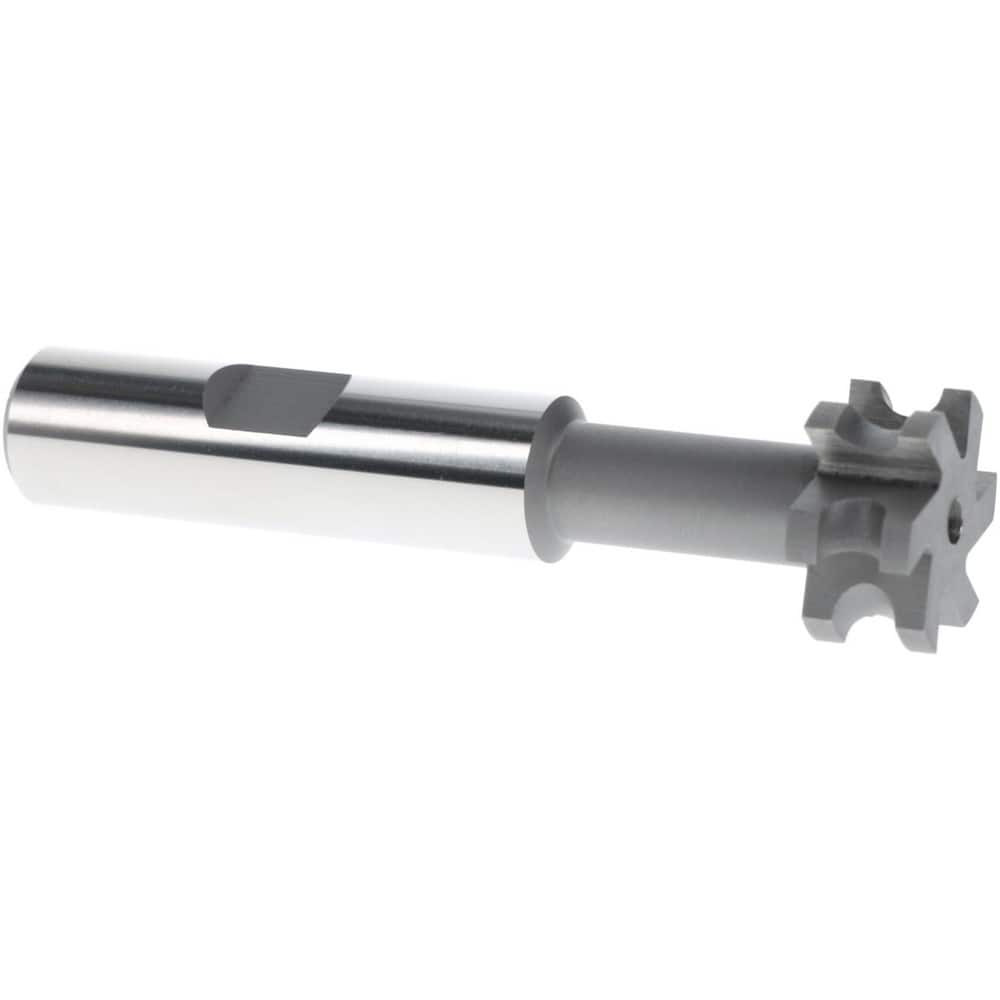machine tools Factory
A machine tools factory is a manufacturing facility specializing in the production of machine tools, which are power-driven machines used to shape or form metal or other materials. This guide delves into the inner workings of these factories, covering key processes, essential equipment, quality control measures, and the evolving landscape of automation and precision engineering. Understanding the nuances of a machine tools factory provides valuable insights for professionals and enthusiasts alike.
Understanding the Core Processes in a Machine Tools Factory
The operation of a machine tools factory involves a series of intricate processes, each contributing to the final product. These include:
Design and Engineering
This initial phase is critical. It involves creating detailed blueprints and specifications for the machine tools. Computer-Aided Design (CAD) and Computer-Aided Manufacturing (CAM) software are integral to this process, enabling precise modeling and simulation. The design team considers factors like material selection, functionality, and intended application.
Material Selection and Preparation
The choice of materials significantly impacts the performance and longevity of machine tools. Common materials include steel alloys, cast iron, and occasionally specialized composites. The preparation phase involves cutting, shaping, and treating these materials to meet the required dimensions and properties. For example, high-speed steel (HSS) is often used for cutting tools due to its hardness and heat resistance. The hardness data can be found on reputable material science websites.
Machining and Fabrication
This stage involves using various machine tools (often produced in-house) to shape the raw materials into specific components. Common machining processes include turning, milling, drilling, grinding, and shaping. Each process requires specialized equipment and skilled operators. Numerical Control (NC) and Computer Numerical Control (CNC) machines are widely used to automate these processes, ensuring precision and repeatability. Wayleading Tools specializes in providing precision cutting tools for these crucial machining operations.
Assembly and Integration
Once the individual components are manufactured, they are assembled into the final machine tools. This process requires careful alignment, fastening, and testing to ensure proper functionality. Hydraulic, pneumatic, and electrical systems are integrated at this stage. Skilled technicians meticulously check each connection and calibrate the machine for optimal performance.
Testing and Quality Control
Rigorous testing is essential to guarantee the quality and reliability of machine tools. This includes functional testing, performance testing, and dimensional accuracy checks. Non-Destructive Testing (NDT) methods, such as ultrasonic testing and magnetic particle inspection, may be employed to detect internal flaws. Quality control procedures are implemented at every stage of the manufacturing process to minimize defects.
Essential Equipment in a Machine Tools Factory
A machine tools factory is equipped with a variety of specialized machinery, including:
- Lathes: Used for turning operations, creating cylindrical or conical shapes.
- Milling Machines: Used for shaping complex parts with rotating cutters.
- Drilling Machines: Used for creating holes.
- Grinding Machines: Used for precision finishing and surface treatment.
- CNC Machines: Computer-controlled machines that automate various machining processes, enhancing precision and efficiency.
- EDM (Electrical Discharge Machining) Machines: Used for creating intricate shapes in hard materials.
- Laser Cutting Machines: Used for precise cutting of sheet metal and other materials.
The Role of Automation and CNC Technology
Automation and CNC technology have revolutionized machine tools factory operations. CNC machines offer several advantages, including:
- Increased precision and accuracy
- Improved repeatability
- Reduced labor costs
- Enhanced production speed
- Ability to manufacture complex parts
Robotics are also increasingly used for material handling, machine loading/unloading, and assembly tasks. Automation not only improves efficiency but also enhances worker safety by reducing exposure to hazardous environments.
Quality Control and Assurance
Quality control is paramount in a machine tools factory. Stringent quality control measures are implemented to ensure that the machine tools meet the required specifications and performance standards. Key aspects include:
- Dimensional Accuracy Checks: Using coordinate measuring machines (CMMs) to verify the dimensions of machined parts.
- Surface Finish Analysis: Measuring the surface roughness of components to ensure they meet the required smoothness.
- Material Testing: Verifying the properties of materials using techniques like tensile testing and hardness testing.
- Functional Testing: Evaluating the performance of the machine tools under various operating conditions.
- ISO Standards: Adhering to ISO 9001 quality management system standards.
The Future of Machine Tools Factories: Trends and Innovations
The machine tools industry is constantly evolving, driven by technological advancements and changing market demands. Some key trends include:
- Additive Manufacturing (3D Printing): Increasingly used for creating prototypes and complex parts.
- Digital Twins: Creating virtual replicas of machine tools for simulation and optimization.
- IIoT (Industrial Internet of Things): Connecting machine tools to the internet for real-time monitoring and data analysis.
- AI (Artificial Intelligence): Using AI to optimize machining processes, predict maintenance needs, and improve quality control.
- Sustainability: Focus on energy-efficient machine tools and sustainable manufacturing practices.
Case Study: A Modern Machine Tools Factory
Consider a hypothetical modern machine tools factory, 'Precision Manufacturing Solutions' (PMS). PMS specializes in producing high-precision CNC milling machines. The factory utilizes a fully integrated CAD/CAM system for design and engineering. Materials are sourced from reputable suppliers and undergo rigorous testing before being used in production. CNC machines are used for machining, ensuring tight tolerances and high surface finishes. Robotic arms automate material handling tasks, reducing cycle times. Quality control is integrated into every stage of the process, with CMMs used to verify dimensional accuracy. The factory adheres to ISO 9001 standards and constantly invests in new technologies to stay ahead of the competition.
Choosing the Right Machine Tools Factory Partner
Selecting the right machine tools factory as a partner is a critical decision. Consider these factors:
- Expertise and Experience: Evaluate the factory's track record and experience in producing the specific type of machine tools you need.
- Quality Control Processes: Ensure the factory has robust quality control procedures in place.
- Technological Capabilities: Assess the factory's investment in advanced technologies like CNC, robotics, and automation.
- Production Capacity: Determine if the factory can meet your production volume requirements.
- Customer Service: Look for a factory that provides excellent customer service and technical support.
- Certifications: Check for relevant certifications like ISO 9001.
Conclusion
A machine tools factory is a complex and dynamic environment where precision engineering, advanced technology, and skilled labor converge to produce essential tools for manufacturing. By understanding the core processes, essential equipment, and evolving trends, professionals and enthusiasts can gain valuable insights into this vital industry. As technology continues to advance, machine tools factories will play an increasingly important role in shaping the future of manufacturing. Remember to source your precision cutting tools from reputable suppliers like Wayleading Tools to ensure optimal performance and longevity of your machine tools.
| Material | Typical Hardness (HRC) |
|---|---|
| High-Speed Steel (HSS) | 62-67 |
| Cemented Carbide | 88-93 HRA (approx. 68-72 HRC) |
| Tool Steel (e.g., D2) | 58-62 |
Data approximate and may vary depending on specific alloy and heat treatment.
Related products
Related products
Best selling products
Best selling products-
 Precision Vernier Caliper With Nib Style & Standard Style Jaws Of Metric & Imperial For Industrial
Precision Vernier Caliper With Nib Style & Standard Style Jaws Of Metric & Imperial For Industrial -
 Precision 7pcs Angle Blocks Set With High Quality Type
Precision 7pcs Angle Blocks Set With High Quality Type -
 Stub Milling Machine Arbor With NT, R8 and MT Shank
Stub Milling Machine Arbor With NT, R8 and MT Shank -
 Metric HSS 13mm Reduce Shank Drill Bit For Metal Cutting Of High Precision
Metric HSS 13mm Reduce Shank Drill Bit For Metal Cutting Of High Precision -
 Type G Arc Pointed Tree Tungsten Carbide Rotary Burr
Type G Arc Pointed Tree Tungsten Carbide Rotary Burr -
 Deburring Tool Blades Using For Deburring
Deburring Tool Blades Using For Deburring -
 Precision V Block And Clamps Set With Heavy Duty
Precision V Block And Clamps Set With Heavy Duty -
 Type C Cylinder Ball Nose Tungsten Carbide Rotary Burr
Type C Cylinder Ball Nose Tungsten Carbide Rotary Burr -
 CNMG & CNMM Turning Insert For Indexable Turning Tool Holder
CNMG & CNMM Turning Insert For Indexable Turning Tool Holder -
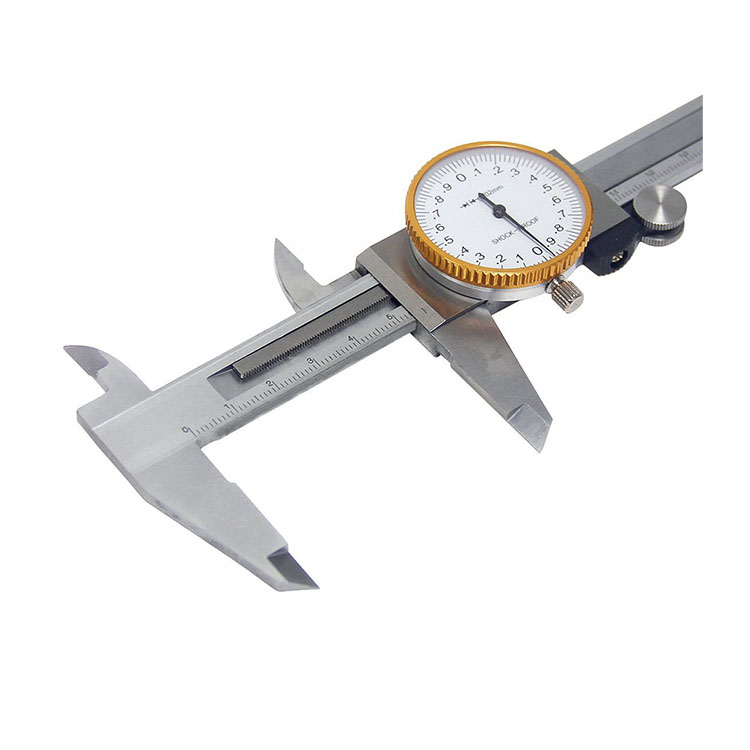 Precision Dial Caliper Of Metric & Imperial For Industrial
Precision Dial Caliper Of Metric & Imperial For Industrial -
 Precision Vernier Caliper Of Metric & Imperial For Industrial
Precision Vernier Caliper Of Metric & Imperial For Industrial -
 30PCS HSS Metric And Inch Size MINI Tap & Die Set
30PCS HSS Metric And Inch Size MINI Tap & Die Set

